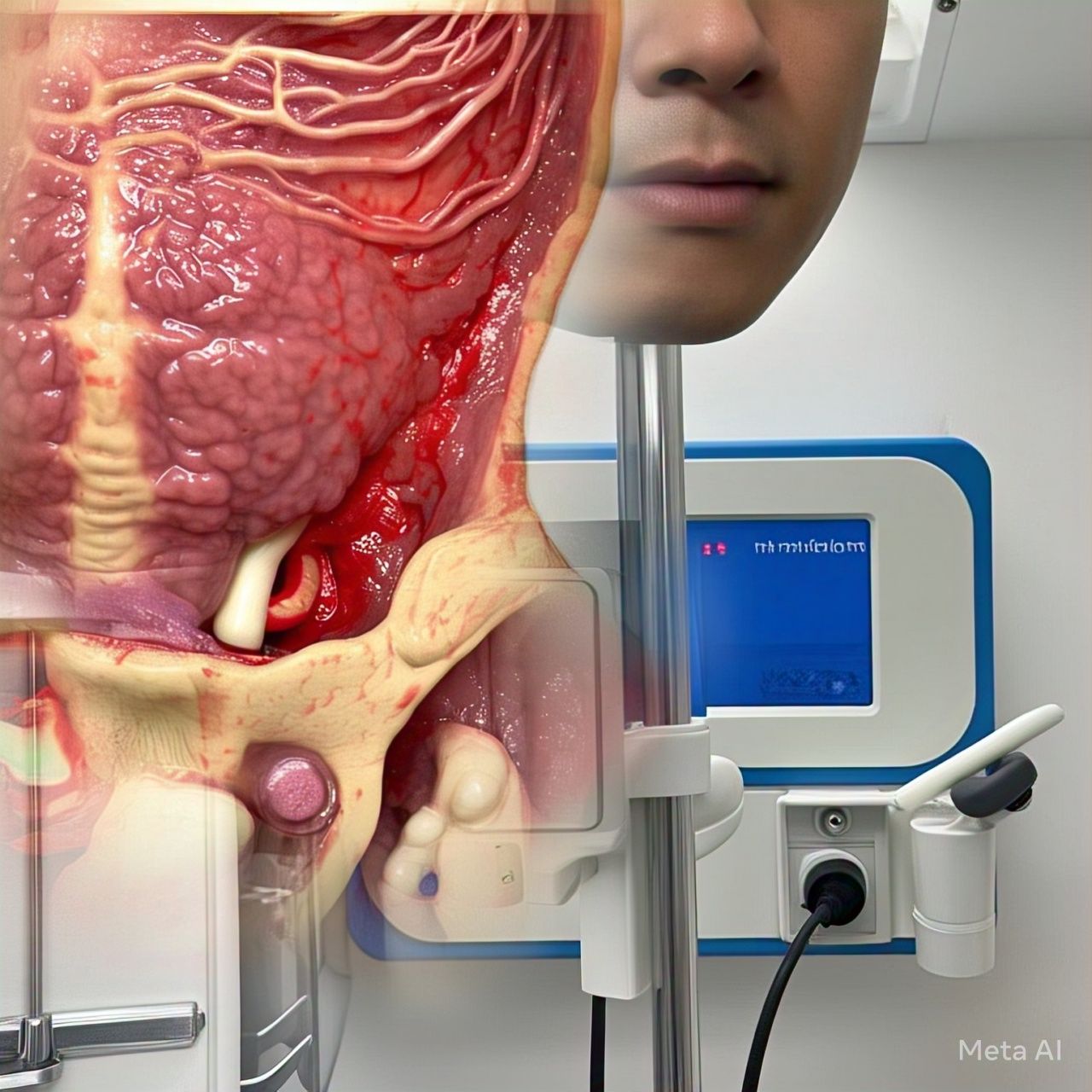Crohn’s disease is a chronic inflammatory bowel disease (IBD) that affects the gastrointestinal (GI) tract. It causes inflammation that can lead to a wide range of digestive symptoms, potentially impacting every aspect of a person’s life. As a keyword-rich SEO blog post, this guide explores all aspects of Crohn’s disease to help educate readers and improve search visibility.
What is Crohn’s Disease?

Crohn’s Disease: Causes, Symptoms, Treatment, and Lifestyle Tips
Crohn’s disease is an autoimmune condition where the immune system mistakenly attacks healthy tissue in the GI tract. This leads to chronic inflammation, which can affect any part of the digestive system—from the mouth to the anus—though it most commonly affects the end of the small intestine and the beginning of the colon.
Crohn’s disease is part of a group of conditions known as inflammatory bowel disease (IBD), the other main type being ulcerative colitis. While both are forms of IBD, they affect different parts of the GI tract and have unique characteristics.
Common Symptoms of Crohn’s Disease
Symptoms of Crohn’s disease vary from person to person and depend on which part of the GI tract is inflamed. Common signs include:
- Persistent diarrhea
- Abdominal pain and cramping
- Blood in stool
- Fatigue
- Weight loss
- Reduced appetite
- Fever
- Mouth sores
- Anemia
Symptoms may come and go, with periods of flare-ups followed by remission. Some people may go months or years without symptoms before experiencing another flare-up.
Causes and Risk Factors
The exact cause of Crohn’s disease remains unclear, but researchers believe a combination of genetic, environmental, and immune system factors contribute to its development.
1. Genetics
Crohn’s disease tends to run in families. Studies show that 15% to 20% of people with Crohn’s have a first-degree relative with IBD.
2. Immune System
An abnormal immune response can trigger inflammation in the digestive tract, even in the absence of an infection.
3. Environmental Factors
Certain lifestyle factors may increase the risk of Crohn’s disease:
- Smoking
- Diets high in processed foods
- Stress
- Use of nonsteroidal anti-inflammatory drugs (NSAIDs)
4. Age and Ethnicity

Crohn’s Disease: Causes, Symptoms, Treatment, and Lifestyle Tips
Crohn’s disease typically develops in young adults between the ages of 15 and 35, although it can occur at any age. It is more common in people of European descent, especially Ashkenazi Jews.
Diagnosing Crohn’s Disease
Accurate diagnosis is crucial for effective management. Physicians use a combination of methods to diagnose Crohn’s disease:
- Blood tests to check for inflammation, anemia, and infection
- Stool tests to detect blood or pathogens
- Endoscopy or colonoscopy to visually examine the GI tract
- Biopsy of tissue samples
- Imaging tests like CT scans or MRIs
Because Crohn’s disease can mimic other digestive conditions, getting a proper diagnosis may take time.
Treatment Options for Crohn’s Disease
There is no known cure for Crohn’s disease, but various treatments can help manage symptoms, reduce inflammation, and promote remission.
1. Medications
- Anti-inflammatory drugs: Such as aminosalicylates and corticosteroids
- Immune system suppressors: Biologics like infliximab, adalimumab, and immunomodulators
- Antibiotics: For treating infections and complications
- Antidiarrheal medications and pain relievers
2. Nutritional Therapy
Doctors may recommend a special diet or enteral nutrition (liquid feeding) to give the bowel a rest and improve nutrition.
3. Surgery
If medication and lifestyle changes are not effective, surgery may be necessary to remove damaged portions of the GI tract, drain abscesses, or repair fistulas. Around 50% of people with Crohn’s will need surgery at some point.
Diet and Nutrition in Crohn’s Disease
Food doesn’t cause Crohn’s, but certain foods can trigger symptoms. An individualized diet plan can help reduce discomfort and promote gut health.
Recommended Foods:
- Low-fiber fruits and vegetables
- Lean proteins
- Refined grains
- Lactose-free dairy alternatives
- Hydrating fluids
Foods to Avoid:
- High-fiber, raw vegetables during flare-ups
- Spicy foods
- Fatty and fried items
- Dairy (if lactose intolerant)
- Caffeinated and sugary drinks
Working with a registered dietitian can help tailor a diet that suits individual needs.
Lifestyle Tips for Living with Crohn’s Disease

Crohn’s Disease: Causes, Symptoms, Treatment, and Lifestyle Tips
Managing Crohn’s disease goes beyond medication. Lifestyle adjustments can significantly improve quality of life:
- Quit smoking: Smoking worsens Crohn’s symptoms and increases the risk of complications.
- Exercise regularly: Gentle workouts like walking, swimming, and yoga reduce stress and boost immunity.
- Manage stress: Practice mindfulness, meditation, and relaxation techniques.
- Stay hydrated: Dehydration is a common issue due to diarrhea.
- Get adequate sleep: Rest is crucial for immune function and healing.
Complications of Crohn’s Disease
If left untreated or poorly managed, Crohn’s disease can lead to serious complications, such as:
- Intestinal obstruction
- Fistulas and abscesses
- Malnutrition
- Colon cancer
- Osteoporosis
- Liver disease
- Growth delays in children
Regular monitoring and medical care are essential for early detection and prevention.
Mental Health and Crohn’s Disease
Living with a chronic illness like Crohn’s can take a toll on mental health. Anxiety, depression, and emotional stress are common among patients. Support strategies include:
- Seeking therapy or counseling
- Joining support groups
- Discussing mental health concerns with healthcare providers
Emerging Research and Future Outlook
Ongoing research aims to improve Crohn’s disease treatment and outcomes. Promising areas include:
- Microbiome research: Understanding gut bacteria’s role in inflammation
- Gene therapy: Targeting genetic mutations linked to Crohn’s
- New biologics and small molecules: Offering targeted therapy with fewer side effects
Participation in clinical trials may offer access to cutting-edge therapies.
Conclusion
Crohn’s disease is a complex, lifelong condition that requires a comprehensive approach to treatment and lifestyle. With early diagnosis, proper medical care, and healthy living practices, many people with Crohn’s disease lead active and fulfilling lives.
If you or someone you love is experiencing symptoms of Crohn’s disease, consult a healthcare professional for a thorough evaluation and personalized treatment plan.



